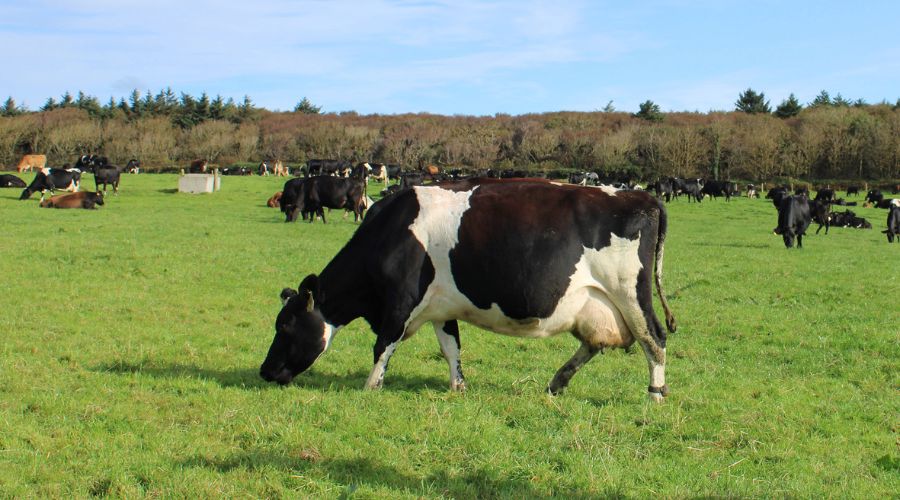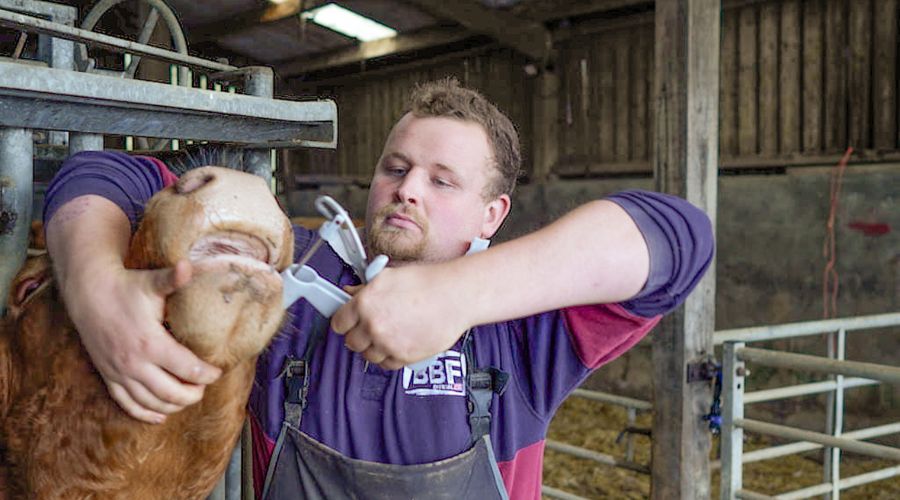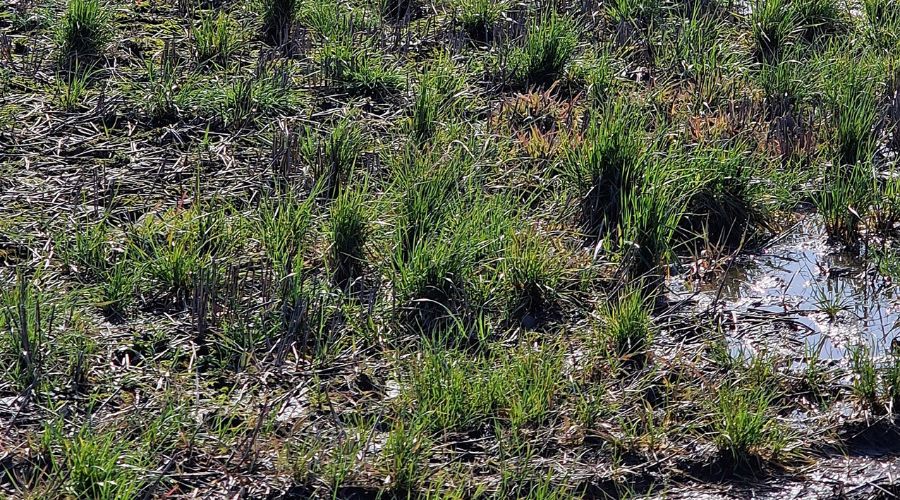Soil leaching threatens animal health after turnout
29th April 2024
After relentless heavy rainfall, nutrition specialists are concerned about forage quality due to mineral leaching from the soil.

Loss of iodine is a particular concern this season, as it’s an essential micronutrient for cattle.
“Whether grazing cattle later in the spring or making silage, we’re encouraging farmers to test grassland soils to ascertain if vital minerals have been lost,” says Nettex’s Emily Hall.
“Should this be the case then our EnduraBol High Iodine bolus will compensate for deficiencies in this key mineral, as well as vitamins A, D and E, and any identified shortfalls in copper, cobalt, selenium, manganese, and zinc.”
According to NADIS (the National Animal Disease Information Service), iodine is essential as a constituent of the thyroid hormones, in particular T3 and T4, and 80% of the iodine in the body is found in the thyroid gland.
“An iodine deficiency is linked to thyroid enlargement, calves being stillborn, and iodine deficiencies have also been implicated in poor growth rates, poor milk production and retained placenta,” says Ms Hall.
Soil health is the main contributor to iodine losses and heavy rainfall that causes surface run off, and soil degradation, has left many parts of the UK at risk.
More frequent soil analysis
Soil testing specialists Eurofins Agro UK provide thousands of soils tests. With such heavy rain this year, farmers should be analysing soil more regularly to establish mineral losses.
“This year’s heavy rain can have a harmful effect on soil health. Our tests are designed to provide data relating to the physical, biological, chemical and carbon characteristics of soil.
“In relation to leaching, the tests also offer data for the essential main and micronutrients along with the plant available nutrients, soil stock nutrients, and supply capacity,” explains Eurofins Agro UK specialist Shane Brewer.

Act sooner with supplementation
Understanding the effect of adverse weather conditions using soil testing offers farmers the opportunity to subsequently adapt nutrient management programs to put back into the soil minerals that are lost through leaching.

However, this is a long-term strategy and livestock farmers are advised to act sooner with appropriate supplementation.
“A bolus is a cost-effective and easy way to mitigate nutrient deficiencies to protect animal health when soil and the forage quality has been compromised. We suggest farmers act now to provide livestock with the nutrients needed to improve health and yield,” concludes Emily Hall.
Read more livestock news.
